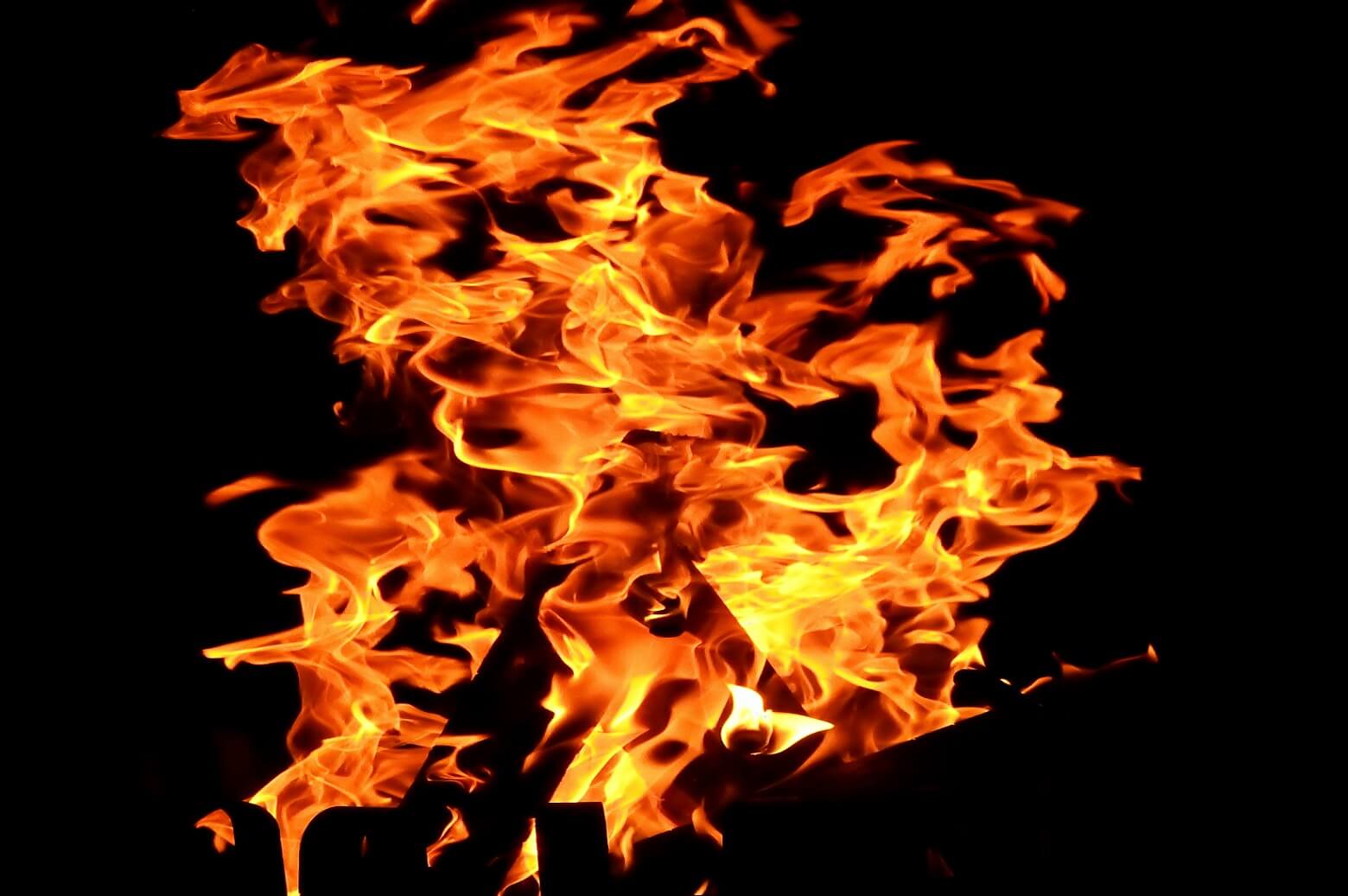
Office Fire Prevention during lockdown & beyond
It’s been over three months since the Coronavirus outbreak brought the UK to a standstill and locked down thousands of offices around the world. While the UK continues to move towards a much more familiar way of life, many of us will likely continue to work from home for the foreseeable future.
But with so many workspaces sitting unmonitored, the risk of an increase in office fires is very much a real one. Office fire prevention is essential, especially if equipment/electricity sources have been left switched on. Many spaces are likely gather more dust as a result of lack of or reduced cleaning.
For smaller offices – where social distancing is easier enforce – that may be hoping to reopen in the near future, it’s an invaluable opportunity to revisit fire safety measures and make sure that the workspace is equipped to offer staff as much protection as possible in the event of an emergency and, ideally, prevent them from occurring altogether.
In fact, doing so has never been so important, with the London Fire Brigade stating that 32% of office fires are caused by electrical distribution.
Common Office Fire Hazards
If you were to consider some common office fire hazards, you could be forgiven for jumping straight to faulty electricals, but in reality, there are a multitude of factors that can cause and accelerate the spread of fire within the workplace, putting your staff, customers and business at risk. The below factors have all been identified as key areas that can significantly compromise office fire safety.
Damaged Power Cords & Cables
Most office spaces have a seemingly endless list of electrical devices, from computers and monitors to photocopiers. But the wire casing on these products can become damaged over time, leaving the wire itself exposed. Sparks catching onto flammable materials can easily cause a fire. As such, routine electrical testing is vital to identify and eradicate any such risks.
Combustible Materials & Increased Dust
Combustible materials allow fire to spread more quickly. While we all love to create a more ‘homely’ environment on our desks, this can quite quickly turn into clutter which, combined with loose paper, discarded packaging, nearby waste bins and flammable furniture can be a disaster in the event of a fire. Of course, most of these are unavoidable, but extra care should be taken to keep your office space clean and tidy.
Likewise, dust can be a fire hazard if the apparatus that its coating gets hot, so frequently wiping down desks and equipment is important. In fact, this is probably a priority at the moment, especially if your office has sat completely empty for most of the last three months.
Overheating Extension Leads
With so many monitors and machines, trying to create enough plug sockets for everyone can seem like an impossible task. However you should always avoid overloading extension leads as this can quickly lead to them overheating and catching fire. Ideally, extension leads should only be used if absolutely necessary. You should also ensure that these are evenly distributed and should avoid plugging one extension into another.
Additionally, all electrical equipment should be bought from a reputable supplier, as cheaper produced alternatives often carry a greater fire risk.
Blocked Walkways & Fire Exits
Although not a direct cause, blocked walkways and fire exits can delay evacuation in the event of a fire, increasing risk to human life. All walkways and doors should be left clear and free from obstructions of any kind, including fire doors which should be kept closed.
This particularly applies to fire doors which are designed to act as a barrier to contain the fire and give you more time to exit the building safely. Although it can be tempting to prop fire doors open in warm temperatures, you should always avoid doing this.
Overheating Machines
Just like extensions, laptops, computers and other electrical equipment can quickly become a fire hazard if allowed to overheat. You can help to reduce this risk by cleaning down your machines routinely, keeping combustibles away from sources of heat and turning off all electricals at the end of the working day.
Human Error and Negligence
Unfortunately, accidents happen and most of the time there isn’t much we can do about it. It is a good idea to have some simple procedures in place to reduce risk of fire caused by human negligence. This includes basic things like clearing up any spillages quickly and safely and making sure electrical appliances, including those used for cooking, aren’t left unattended when in use. Where possible, providing fire safety training for all members of staff (including using the correct type of extinguisher) can be an invaluable step in reducing human error.
Untested Fire Alarms
It goes without saying that if your fire alarm is faulty or out of battery then the risk of an undetected fire increases significantly. Alongside routine fire alarm inspections and maintenance, which should be carried out every six months, it’s strongly encouraged that you carry out a weekly fire drill to make sure everything is in working order.
Unsafely Discarded Cigarettes
Cigarettes can pose a threat if not properly extinguished and disposed of. You should encourage employees and visitors to use a designated smoking area a safe distance from the main building and any flammables. It’s also a good idea to remind individuals of their responsibility to make sure cigarettes are discarded safely.
Trip hazards (loose cables while carrying drinks etc)
Loose cables are a trip hazard which can pose risk of injury and even fire where the carrying of liquids is involved. Always keep cables out of the way and securely fastened where possible.
Improving Fire Safety in the Office
Thankfully, there are a number of steps you can take to improve fire safety in the office. Addressing each point below will help you significantly improve your fire prevention measures.
Fire Safety Checklist For Offices
- Regularly clean workspaces, including keeping them free from clutter/combustible materials and tidying away any excess paper
- Avoid overfilling extension sockets
- Only purchase electrical equipment from reputable suppliers
- Make sure all electrical equipment is routinely safety tested (PAT) and check wires for damage every six months or so
- Electricals such as fans & heaters should be plugged in directly at the source and not into extensions – these should not be left unattended
- Keep all walkways clear
- Consider people with disabilities – not everyone will be able to respond to and escape from a fire in the same way
- Conduct regular fire alarm testing (every six months) and weekly fire drills
- Put together a clear fire evacuation plan that should be clearly signed throughout the building
- Elect fire wardens and complete fire safety courses – Educate your staff about the risks of overloading sockets, and make sure no-one is using counterfeit phone chargers
- Always use trays when carrying multiple drinks
- Do not leave cooking appliances or other electricals unattended when in use
- Make sure your premise is equipped with the correct safety equipment (fire alarms & extinguishers)
- Ensure your electrical system is regularly tested too – at least once every year.
- Keep fire doors clear and closed – don’t let staff wedge them open even on hot days – and keep all other doors free from obstruction
- Conduct a thorough fire risk assessment
- Have a smoking policy – and enforce it!



